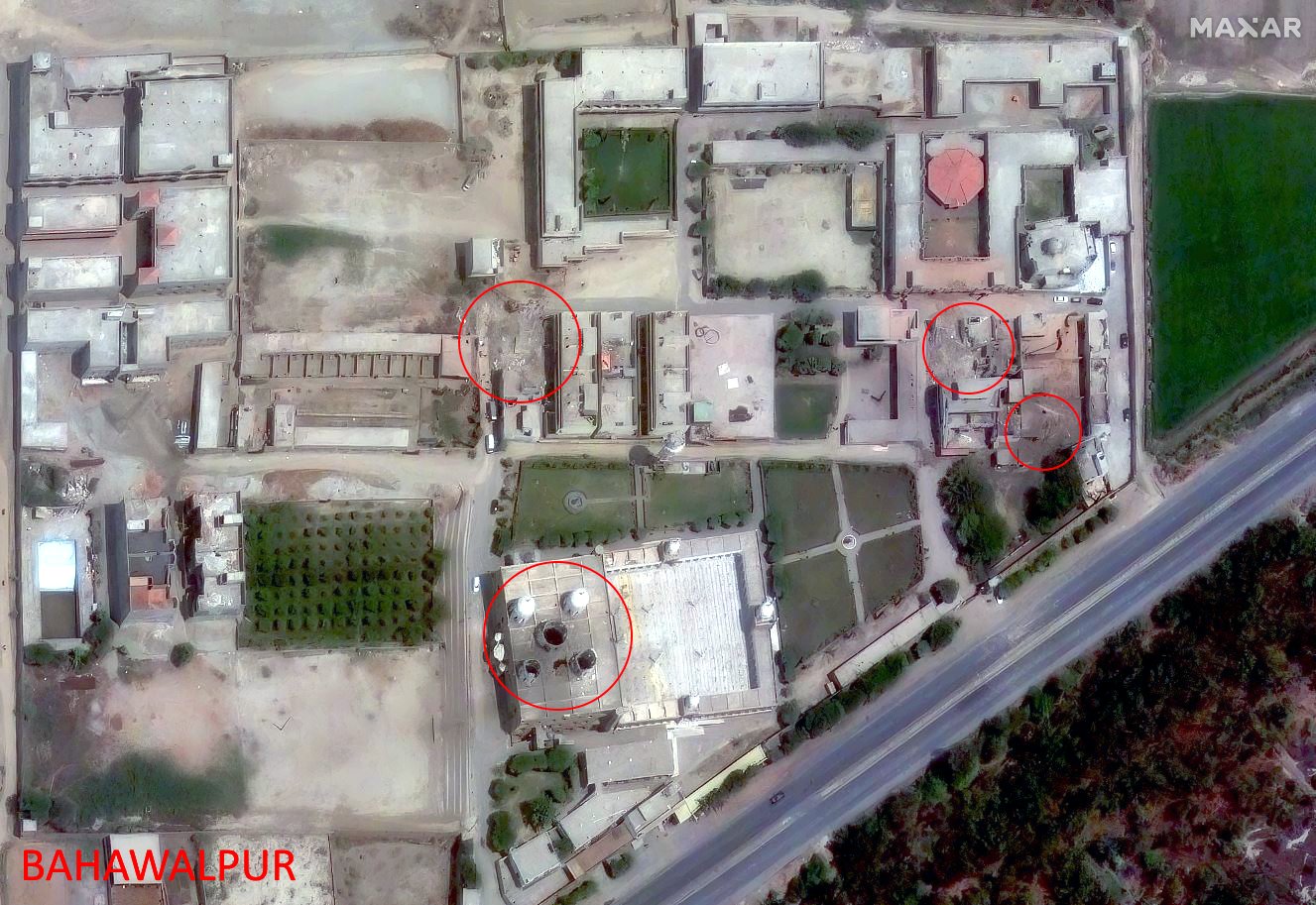Dear Express Reader The first day of the year is a time to believe in the possibilities of clean slates. A moment, too, to recognise that there is no tabula rasa, because the new is never really free of the old. For a glimpse of the old and new in 2023, listen to Rahul Gandhi in Delhi and Home Minister Amit Shah in Bangalore. In Delhi on December 31, taking a break from the Bharat Jodo Yatra, Gandhi is saying something that sounds new, but in a way that feels old. What is new is the emphasis on an “alternative vision”, not just “Opposition unity” or grand alliance to take on the BJP in 2024. But the language of apocalyptic contrasts and hard oppositions rings old — “There cannot be similarities between hate and violence and love. They are diametrically opposite…” he says. Yes, of course, love is the opposite of hate and never the twain shall meet. But perhaps, having arrived at the conviction that the contest is not about alliance math but principally ideological, Gandhi needs to find the political language to frame it. Perhaps the Bharat Jodo Yatri needs to travel a little more. To reach the realisation that, in times of polarisation, to wean away those who are on the other side of the political line, you need a softer, more permeable language of outreach, a syntax of persuasion. You need an idiom that doesn't deal in either-or, all-or-nothing labels, one which acknowledges the possibility of appealing to the Other, and concedes that the warring sides also stand on common ground. Such a language, such an idiom, is a coinage not of the current reality of majoritarianism, but draws from an older democratic ideal and promise — in a democracy, there are no permanent majorities, or permanent minorities. That democratic promise of openness and mobility is something that Union Home Minister Amit Shah evidently discounts in Bengaluru, on December 31, when he speaks of congealed fixities. The choice in the assembly elections in Karnataka due in a few months, he says, was going to be between a Prime Minister who built the Ram temple in Ayodhya and developed Kashi, Kedarnath and Badrinath, and “those who glorify Tipu Sultan”. Between those who are “with patriots” and those with the “tukde tukde gang”. In Bengaluru, Shah offers nothing new, only reheats and serves up the old. But in 2023, one thing is for sure — even as Rahul Gandhi struggles to say something new in a way that doesn't sound old, the BJP can be expected to find newer ways to say the old. In 2022, the unexpected scale of the BJP’s foretold victory in Gujarat held out an important message — it underlined the party’s ability to spring a surprise, its capacity to not take either its success or its success formula for granted. It did this in Gujarat, the laboratory of Hindutva, by constantly adding to its repertoire of appeals and also by countering the impression of staleness by projecting the appearance of change — it brought in a brand new chief minister and a whole new cabinet, remember, a year or so before the election. In 2023, all indications are, the BJP will link “Hindu pride” to the G20. It will connect the dots, in agile and innovative ways, from the Ram temple that will be completed in Ayodhya to the new Parliament building that will also take final shape in the national capital this year, to India’s presidency of the Group of Twenty. The contest of 2024 will take shape in 2023, then, and only one thing can be foretold. It will be a battle of ideas in which there are no full stops, no final victors or victories. Just the constant joust, the unceasing advance and retreat, of new and old. Wishing you and yours a fulfilling new year. Till next week, Vandita | 
No comments:
Post a Comment